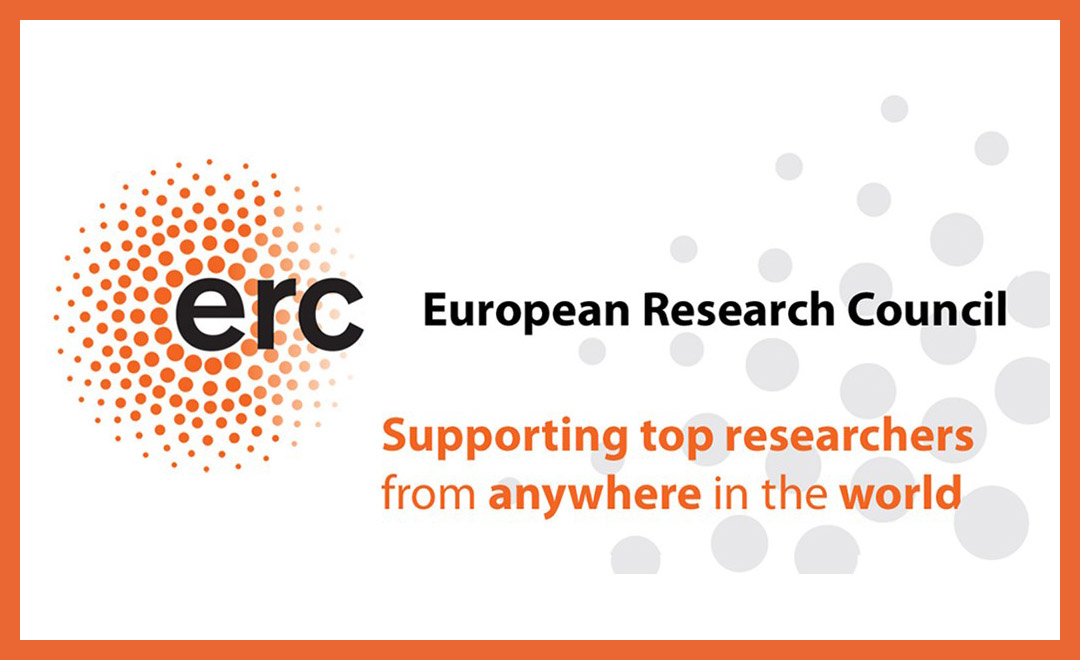
Close to 400 early-career researchers won European Research Council (ERC) Starting Grants, among them two promising female researchers from the Hebrew University of Jerusalem. These grants, worth on average €1.5 millioneach, will help ambitious younger researchers launch their own projects, form their teams and pursue their best ideas.
The ERC is the premier European funding organization for excellent frontier research. The selected proposals cover all disciplines of research, from the medical applications of artificial intelligence, to the science of controlling matter by using light, to designing a legal regime for fair influencer marketing. Female researchers won some 43% of grants, an increase from 37% in 2020 and the highest share to date.
The two Hebrew University ERC Starting Grant recipients are:
Dr. Yonit Hochberg, Faculty of Faculty of Mathematics & Sciences, 1,500,000€
Project: Light Dark Matter: New Directions for Theory and Detection
“Dark matter is one of the biggest mysteries of the universe, yet its particle identity is unknown. My proposed investigations are both timely and essential, paving the way towards a dark matter discovery,” said Hochberg.
Dr. Mor Nitzan, School of Computer Science and Engineering, 1,484,125€
Project: Decoding the Multi-facets of Cellular Identity from Single-Cell Data.
“My research program will tackle the core challenge in the single-cell era – transforming this exponentially growing, complex data into insight and principles for the underlying biology of multicellular systems. It will advance our understanding and control of collective tissue behavior, and uncover the multiple facets of cellular identity in health and disease, and thus expected to be valuable for both basic and translational research,” explained Nitzan.
HU President Professor Asher Cohen congratulated the awardees, sharing, “I look forward to seeing what new breakthroughs and opportunities Hebrew University’s new ERC laureates will bring, and how they will inspire young people to follow their curiosity and make discoveries for the benefit of us all.”
